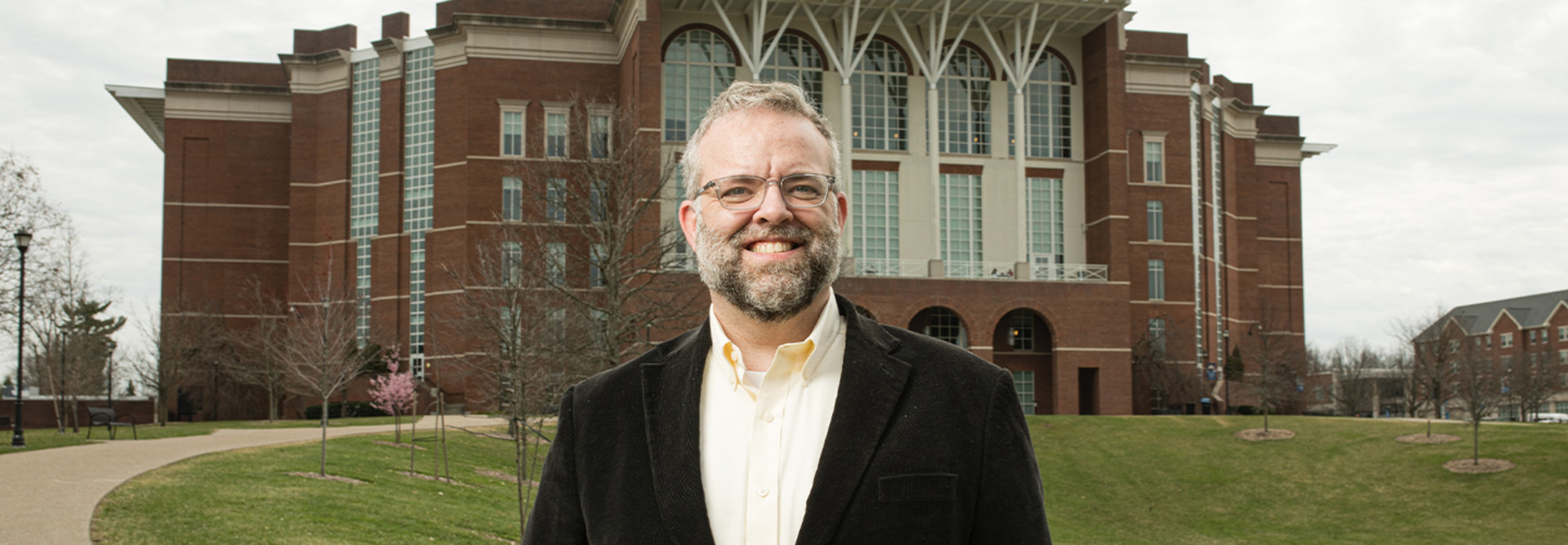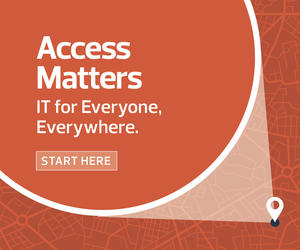Historically, new students and their parents toured the campus, registered for classes, and met with faculty, staff and students. They could walk to an IT desk, where a staff member helped them create an online university account.
When the pandemic struck, he says, UK turned orientation into an interactive online experience using Zoom, with keynote speakers and breakout rooms where students could ask questions.
IT staff joined other university departments in a command center to ensure the virtual orientations went well. If students experienced problems, Recktenwald says, customer service agents were on hand to help. “We made sure the IT staff connected directly with students,” he explains.
MORE ON EDTECH: Colleges strive to create positive social experiences amid COVID-19.
Small IT Departments Focus on Training the Trainers
Nearby, the University of Louisville also reopened with hybrid learning this fall. Though many students returned to campus, it’s still emptier than usual because of social distancing requirements. Most events and activities remain virtual.
The university’s IT department provides training on how to use its video-conferencing apps and on best practices for hosting online gatherings. IT staffers train one or two tech-savvy people per department to then take charge of teaching their colleagues, Stevenson says.
“Our IT department is small, so we forged partnerships, deployed tools and trained the trainers,” she says. For instance, when the university’s student government held a series of anti-racism forums in the summer, the IT department worked closely with students to set up and secure the meetings so that trolls couldn’t disrupt them.
“If it’s a big or emotionally fraught topic, we can consult closely to review how to set up the meeting to reduce the opportunity for mischief,” Stevenson says.
RELATED: Ensure quality virtual campus tours for everyone.
Media Services Team Co-Pilots Major Campus Events
At DePauw University in Greencastle, Ind., the school of music streams concerts online. The Hubbard Center for Student Engagement holds online job fairs. Sororities and fraternities have recruited virtually.
The Information Services department provides support and, with major events, even helps to coordinate, says DePauw CIO Carol Smith. For example, the school’s media services team, which is part of the IS department, had livestreamed commencement in the past. Last year, the team helped produce a recorded virtual commencement ceremony and stream it online, she says.
DePauw’s media services team also co-pilots larger virtual events, Smith says. When the campus held an online event on diversity, equity and inclusion, for instance, an IS staffer helped facilitate the discussions.
With more Americans receiving COVID-19 vaccinations over the next several months, universities largely plan to reopen fully this fall. But IT and administrative leaders say some degree of virtual events will remain.
“People often think of higher education moving as this big, slow ship, but we’ve shown that we can adapt quickly and make changes fast,” Smith says. “We’d like to keep that energy and spirit after the crisis is over. When we go back to face-to-face, we can still augment some of what we do in a virtual way.”














